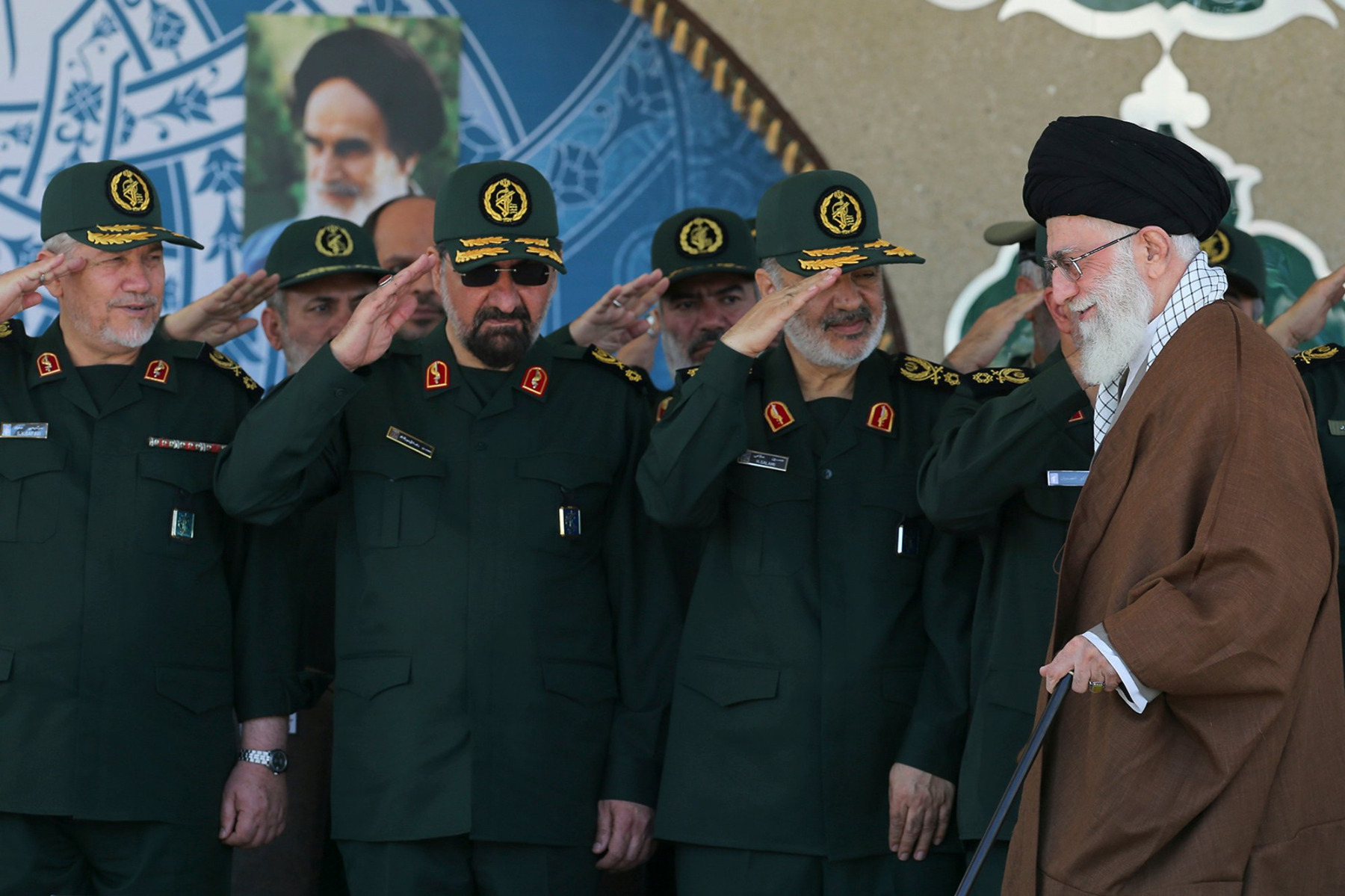
The Iranian regime has recently demonstrated an unusual eagerness to negotiate with the Trump administration to reach a deal with the West. This sudden shift should not deceive the West, particularly the United States, into believing that Tehran's intentions are either genuine or benign. The Iranian regime's motivations are rooted in its desperation to ensure its survival and to advance its expansionist agenda, not in any willingness to abide by international norms or foster peace. Recognizing this is critical to preventing what could become a fatal mistake.
The Iranian regime's eagerness for a deal is driven by several factors, starting with its current unprecedented vulnerability. Since the Islamic Republic was established in 1979, it has never been as fragile as now. Thanks to Israel's actions, Hezbollah and Hamas, Iran's key proxies, have been severely weakened, and in December, Iran was forced out of Syria. Hezbollah's inability to defend Bashar al-Assad's regime ultimately contributed to its collapse, depriving Iran of its most critical ally in the region and representing a monumental blow to Iran. Assad's Syria had long served as a crucial conduit for supplying Hezbollah in Lebanon and maintaining Iran's foothold in the Levant.
Adding to Iran's troubles, the Trump administration's arrival in office has reignited fears among Iranian leaders of a return to his policy of "maximum pressure." President Donald J. Trump, during his first term -- combining stringent economic sanctions with diplomatic isolation -- implemented this economic policy to devastating effect. Iran's oil exports plummeted, cutting off the most vital source of revenue for the regime and exacerbating its financial woes. Fearing a repeat of this strategy, Iranian leaders now appear desperate to secure a deal that will provide them with relief from sanctions and buy them time to rearm and regroup.
Beyond the loss of its regional allies and oil revenue, Iran's economy domestically is in dire straits. Inflation is pushing millions of its citizens into poverty. According to Iran International, the inflation rate has reached a staggering 40%, forcing the government and parliament to grapple with the immense challenge of raising wages to keep pace -- a practice that only exacerbates inflation.
For many Iranians, the cost of living has become unbearable, fueling even more widespread resentment toward the regime that could spark yet another nationwide uprising, threatening the regime's grip on power. Iran can only view a deal with the West as a lifeline that could provide the economic relief and quell domestic unrest.
The regime's most urgent goal in pursuing a deal is to secure sanctions relief, which would likely inject billions of dollars into its coffers. Such financial windfalls, however, are rarely, if ever, used to improve the lives of ordinary Iranians. Instead, those funds will most likely be funneled into the regime's military and ideological pursuits. Billions will likely flow again to Iran's proxies -- Hezbollah, Hamas and the Houthis in Yemen, as well as to Iran's private militia, the Islamic Revolutionary Guard Corps (IRGC).
Sanctions relief will enable the Iranian regime to resume their destabilizing activities throughout the Middle East to attack the "Little Satan" and the "Great Satan" – Israel and the US -- again. Sanctions relief will simply strengthen and bolster Iran's military capabilities, including its nuclear weapons program. Iran has already demonstrated a willingness to supply weapons to Russia, further complicating the ongoing war in Ukraine. A "deal" would just empower Iran to expand its malign activities, and pose a direct threat to regional and global security.
A deal would also provide Iran with political legitimacy and be seen as a victory for the regime, allowing it to portray itself as a credible and lawful actor on the global stage when in truth it is anything but that. Such a stance would deal a shattering blow to the many people in Iran who view the regime as nothing but a brutal, illegitimate dictatorship. In 2024 alone, the regime executed more than 900 people, the most in nearly a decade.
By re-entering the global financial system and emerging from international isolation, Iran would gain the political and economic breathing room it needs to consolidate power and suppress dissent in the full knowledge that it had bought itself time and reduced the likelihood of coordinated international action against it.
Any deal would enable Iran's regime to buy time, surreptitiously advance its nuclear program and "wait Trump out" in the hope of a more lenient U.S. administration coming to power in the future. A deal would represent a win for the Iranian regime, its proxies, and the IRGC, while leaving the US and its allies with a mirage that would make them more vulnerable than ever.
Sadly, experience has shown that the Islamic Republic of Iran cannot be trusted to honor any commitment. Its true intentions are to gain economic and political advantages while remaining in power to "export the Revolution." Unfortunately, the only language Iran's regime understands is that of sanctions, pressure and force. The Trump administration would do the world a favor by resisting the temptation to "negotiate" and instead adopt a firm stance that prevents Iran from advancing its hostile agenda.
Iran's nuclear program must be eliminated and its rulers disempowered. The stakes are too high to fall for more ploys. Any deal with Iran's mullahs will just prove illusory, prolong their rule and jeopardize global security and the hope for a durable peace.
Dr. Majid Rafizadeh, is a political scientist, Harvard-educated analyst, and board member of Harvard International Review. He has authored several books on the US Foreign Policy. He can be reached at dr.rafizadeh@post.harvard.edu


